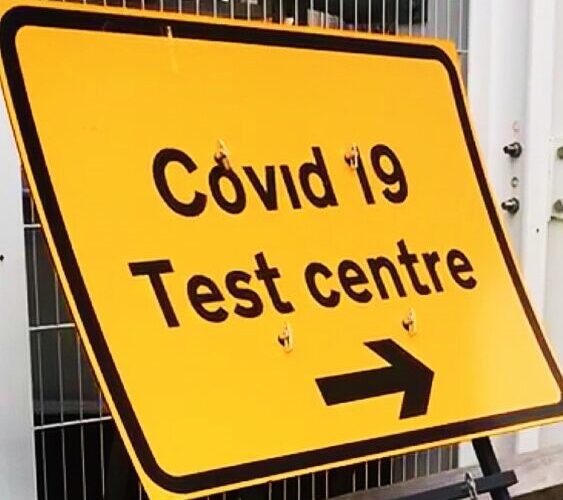
A health expert has warned that while there are positive signs for a Covid-19 vaccine by spring, that alone will not be a ‘silver bullet’ cure for the deadly disease.
Graeme Mitchell, programme leader for Environmental Health at Liverpool John Moore’s University, believes it is still early days for a vaccine with a lot of safety testing yet to be done.
With Oxford University and AstraZeneca announcing its ‘Oxford jab’ vaccine this week as a cheaper and easier to store addition to those already proposed by Pfizer and Moderna recently, all vaccines still require the go ahead by regulators.
It is unknown if these vaccines will stop people getting ill or if they can also stop people passing on the virus. But with reports of success rates at above 90%, Mr Mitchell remains hopeful.
He said: “We don’t know how long the immunity provided by the vaccine lasts for but things look very good for having an effective vaccine by March.
“Considering influenza vaccines work at around 60%, to get that level of protection in the population is very good.”
The list of those who could potentially receive the vaccinations first was published earlier this month with the government prioritising the vulnerable and keyworkers while planning to immunise close to half of the UK population.
Kate Bingham, head of the coronavirus vaccine task force, has said officials hoped to administer the medicine to around 30 million adults.
Mr. Mitchell said: “I would think it should go to emergency workers, key workers, and care home staff first. As age is the greatest risk factor here, then we issue the vaccine in blocks based around age, so over 85s first, then the over 75s and so on.
“The question can also be asked as to whether other factors such as gender, ethnicity and BMI would also play a role in deciding where someone places in the order for the vaccine but I suspect it is right to be pragmatic and simply focus on age.”
While recognising some apprehension surrounding vaccinations, Mr Mitchell insisted he would be willing to take one: “I think there is a fear and confusion around vaccines, probably still as a result of the MMR/autism scare where, I should add, research has been found to be thoroughly wrong.
“I can understand people’s concerns, but it must be stressed the global effort that has gone into developing these vaccines and the importance of ensuring they are safe can’t be underestimated.
However, Mr Mitchell added a note of caution in that even a successful vaccine may not be the end of Covid-19.
“I do accept that a vaccine in itself is not the silver bullet here, it is just one of the strands that we need to weave together to help control Covid-19.
“In my opinion, we’ll not eliminate it but we’ll learn to control it and live with it. Saying that though, an effective vaccine does give us the opportunity to move back closer to “normality.”
JMU Journalism asked the people of Liverpool if they would be willing to take a vaccine. Listen below>>>

